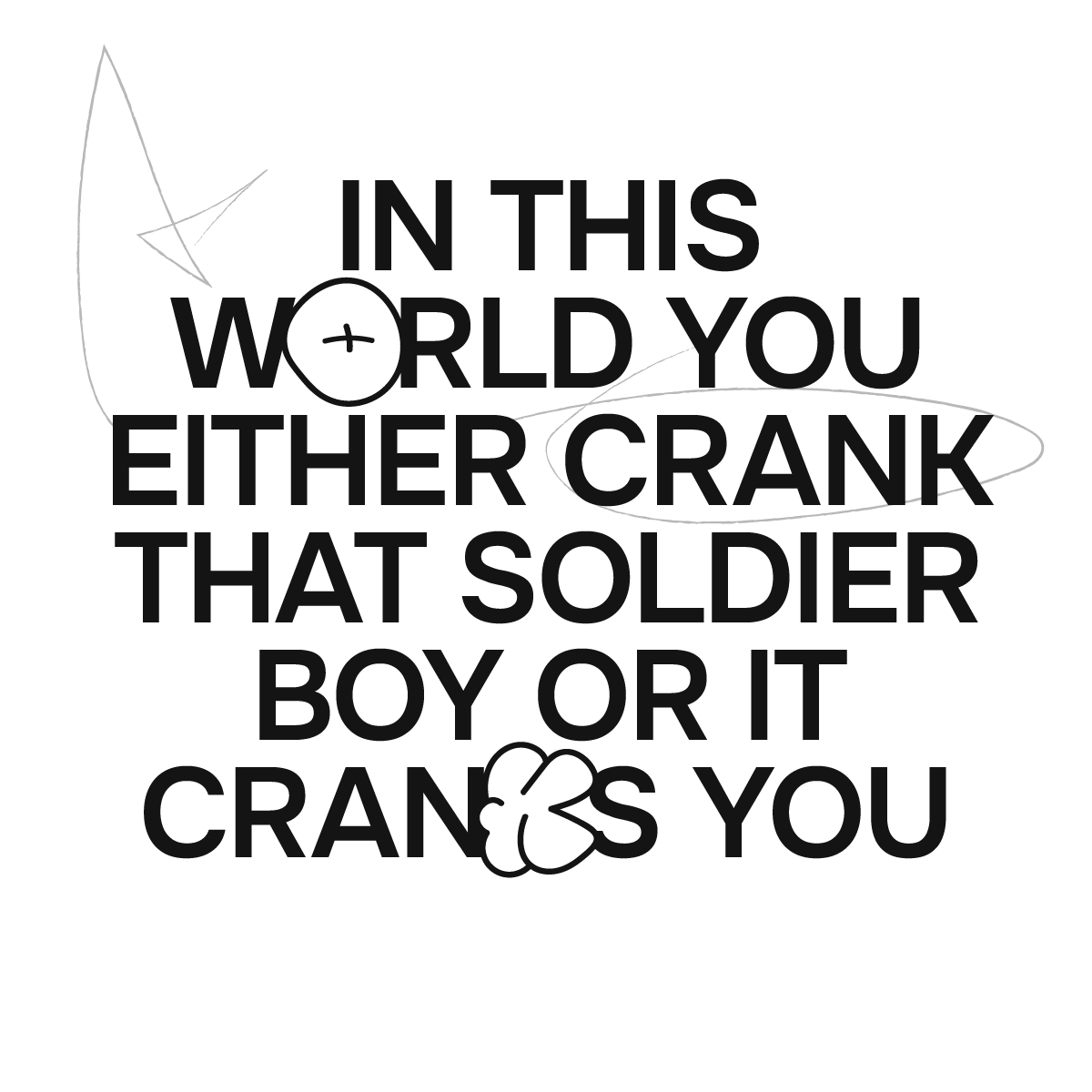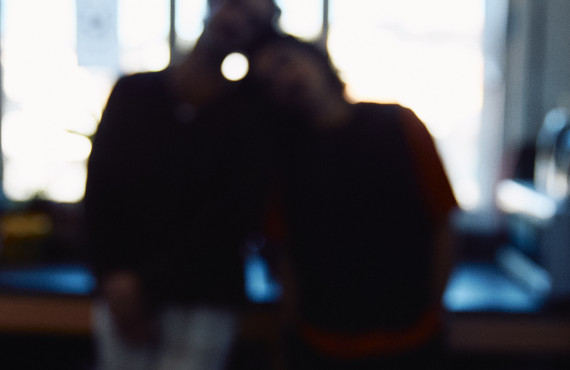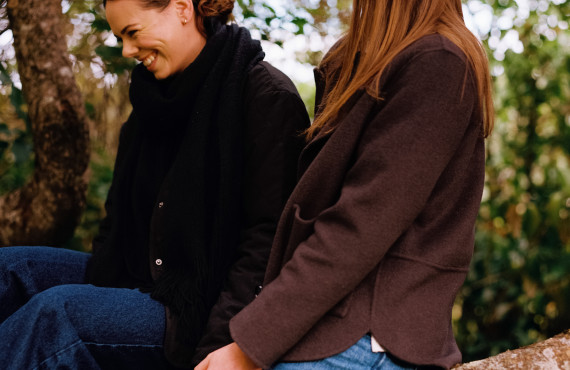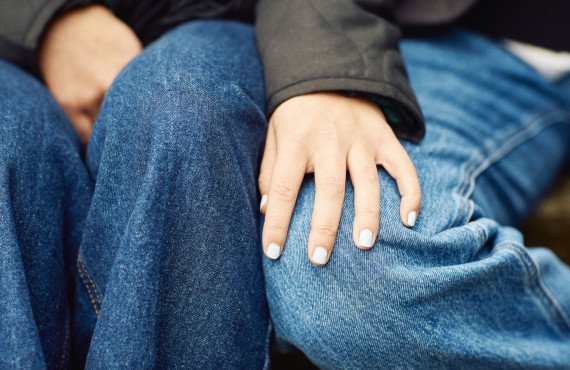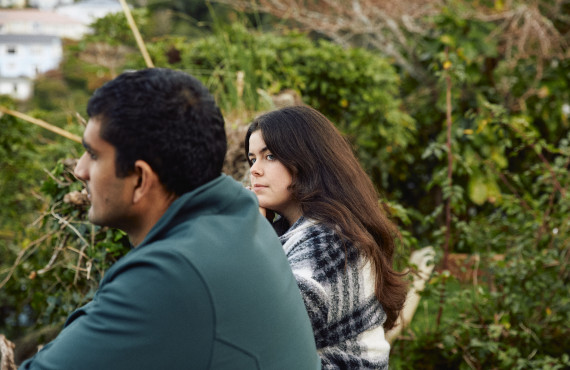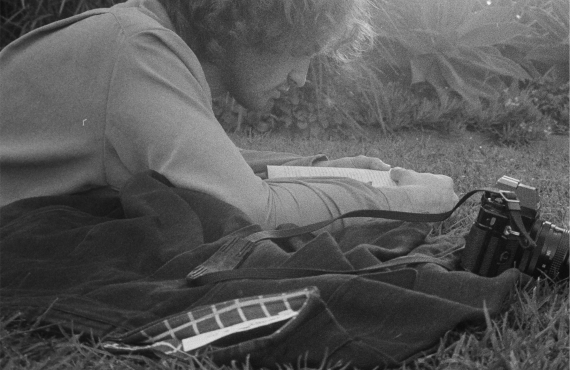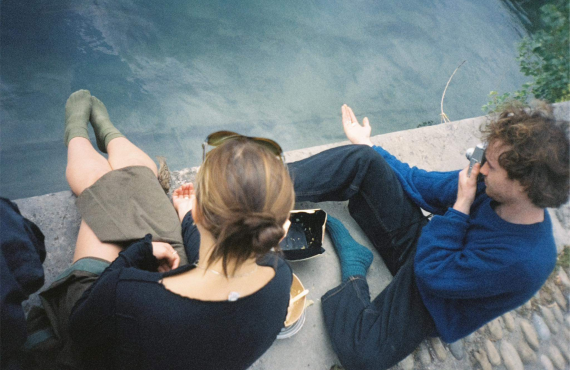A psychologist breaks down people's relationship takes
By Rachel Barker
First published on VICE.COM

We all have that one risky opinion that’s sure to make a roomful of people break into a heated yarn. Especially when it comes to relationships, as people have an insanely varied spread of experiences – whether you’ve never-been-kissed or you’re 5 years deep into a relationship at 19.
To you, your outlook might not seem controversial at all – but for someone else it might be the most baffling point of view they’ve ever come across.
We wanted to take some of these hot takes to a professional, so we brought in psychologist Heath Hutton to weigh in on whether they’re helpful or unhealthy.
HOT TAKE: "It’s okay to have keepsakes from relationships that didn’t work out."
Hutton: Yes, it can be ok to keep an item that is from a previous relationship.
Just because you are no longer in a relationship with someone doesn’t mean that there weren’t enjoyable and significant memories. The item can be a reminder of personal growth, an experience that brought joy, or even some significant pain that remains meaningful.
However, if holding onto this item is because you are emotionally holding onto the relationship and the hope of reuniting, this could be unhealthy. It could also prevent you from engaging fully in other relationships. Or it could be a source of unnecessary torment if it keeps causing emotional distress.
It is worth reflecting on why you want to hold onto it, and what thoughts and feelings you experience when you see or hold the item.
HOT TAKE: "Unrequited love isn’t a thing. If it's not mutual, it’s not love."
Hutton: It is true that without the participation and consent of two people then a relationship doesn’t actually exist. However, this doesn’t mean that one person won’t experience intense feelings they may choose to label as love, as love is a word that has many meanings and it is difficult to define.
What is important is that people become aware of their behaviour towards someone they have strong feelings for, and seek support if their behaviour is making the other person feel uncomfortable.
It is important that the wishes of other people are respected and that you are careful that your behaviour is not harassing someone who is not showing an interest in you, or has communicated they aren’t keen.
HOT TAKE: "It doesn’t worry me if someone isn’t friends with their exes."
Hutton: Many intimate relationships do not transition into friendships.
Intimate relationships transitioning into friendship relies on both people wanting a friendship, adequate time and space, healthy boundaries that are respected by both people, healthy communication about this transition, and the consideration of the feelings of current partners.
It depends on the desires of both people and is not an indicator of a wider issue with any particular person.
HOT TAKE: “Blocking someone is the only way to get over them."
Hutton: There are various different strategies to end a relationship and move on in a healthy way. What will work for one person might not work for another.
Blocking someone can create a healthy separation and distance to allow you the emotional space to process the ending of a relationship. But it can also sometimes prevent people from discussing the end of a relationship and finding closure.
HOT TAKE: "If a relationship ends, both people are at fault in some way – no matter who is blamed."
Hutton: Relationships end for all sorts of reasons and not necessarily because anyone is at fault.
Sometimes one partner does something that breaks the trust in a relationship, and therefore it ends. Sometimes both people in a relationship contribute to an unhealthy or unsustainable relationship through both of their behaviours.
Whilst it is helpful for people to reflect on their own behaviour in a relationship and evaluate how it might have contributed to the relationship ending, assigning blame or fault is not helpful.
It is also important to realise that a person who is being harmed in an abusive relationship is never responsible for the harmful behaviour of the other person.
